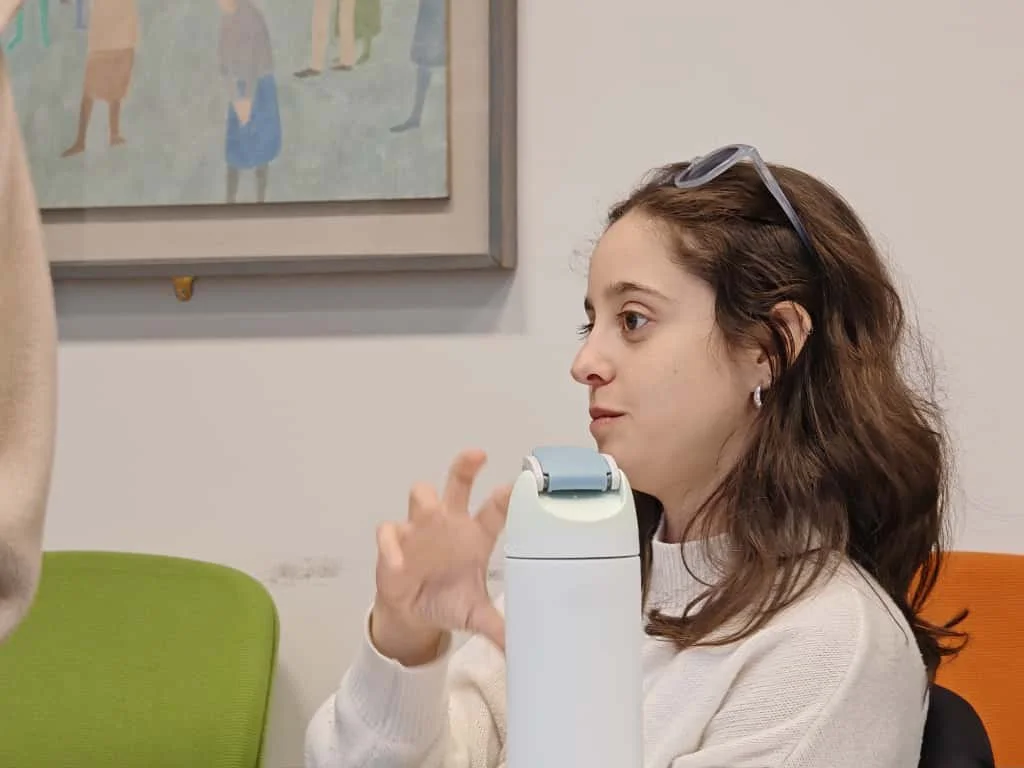Hongyu Nian (Shanghai Jiao Tong University and climaTRACES Lab) will be presenting her work on “Effectiveness of Environmental Policy Integration: Evidence from China's R&D Policy Reform”.
About this session: This paper examines the environmental policy integration (EPI) that incorporates environmental objectives into the R&D policy, using China's High and New Technology Enterprise (HNTE) policy as an experiment. We find that, after introducing environmental criteria, polluting firms are less likely to obtain HNTE certification, and certified polluting firms reduce R&D investment while enhancing environmental performance. Structural estimates validate these findings, revealing an inverted U-shaped relationship between social welfare and environmental criteria stringency. Policy simulations indicate that EPI outperforms traditional, separate policies, as it promotes greater welfare improvements by encouraging firms to adopt cleaner technology without directly distorting their production decisions.
When: Monday 17th of November
12.30-12.45 Light lunch and networking
12.45-13.45 Talk and Q&A.
Where: CRASSH meeting room (Alison Richards Building) on the Sidgwick site.
Lunch: A light lunch will be provided, but bring along your drink of choice!
Zoom: You can also join us virtually on Zoom.
The weekly climaTRACES workshops, organised by Kamiar Mohaddes and Henning Zschietzschmann, are attended by a diverse group of people from economics, geography, politics, engineering, business, earth sciences, natural sciences, and history, generating interdisciplinary discussion. One person leads the session, on either a paper they have written, a work in progress, or just an idea they have and would like feedback on. This is also an opportunity for people to find our more about the team on what climaTRACES have been up to and what future events and research projects are being developed.





